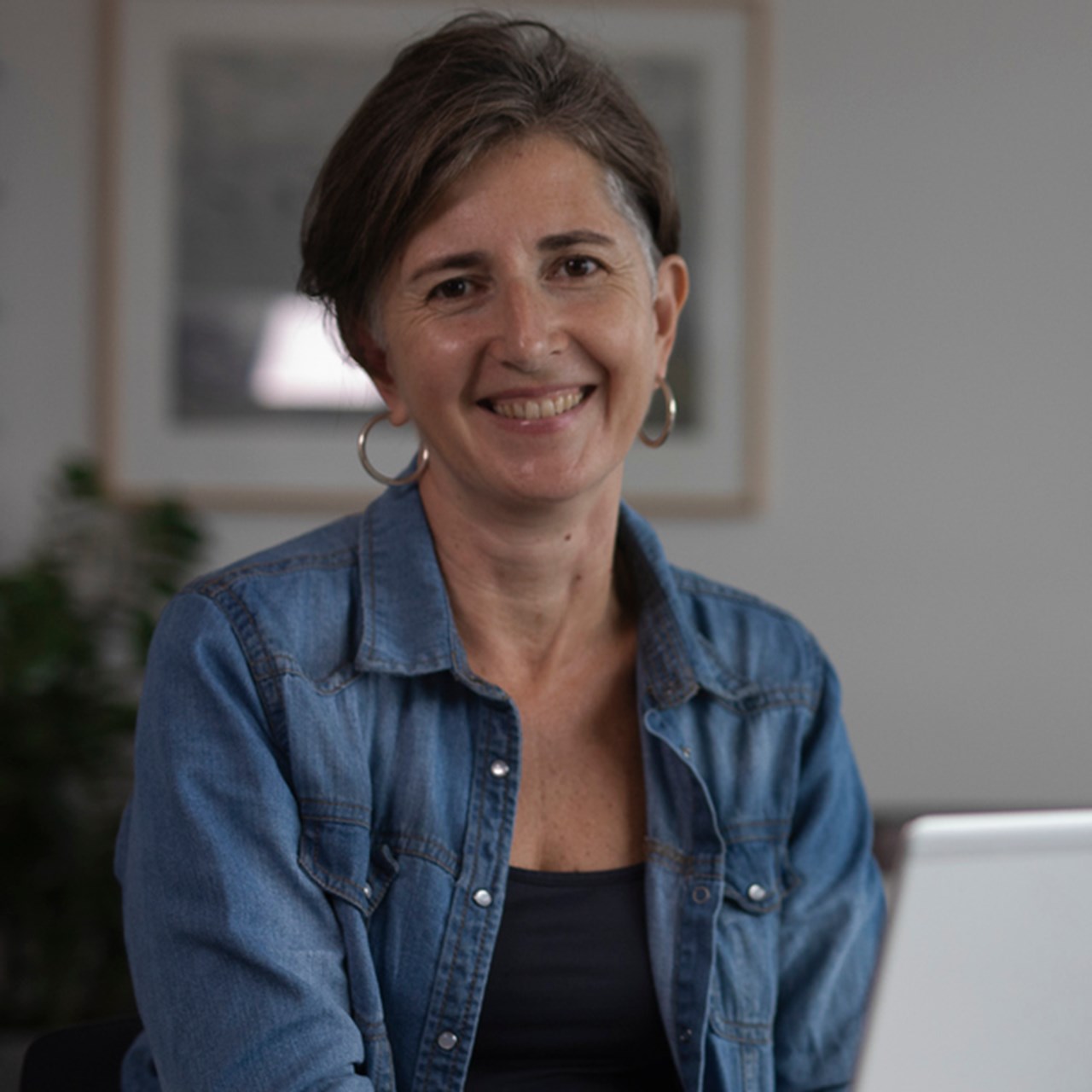More about A week free from violence
This week is A week free from violence, a recurring national campaign and activity week, focused on preventing male violence. It is an initiative created by Unizon and MÄN and is supported by the Swedish gender equality agency, the Swedish association of local authorities and regions and the County administrative boards. The initiative is recurring annually targeting that violence is possible to prevent. During this week campaigns, lectures and other activities are offered both nationally and locally.
This initiative is one amongst many worldwide to vindicate the 25th of November as the international day for the elimination of violence against women.



